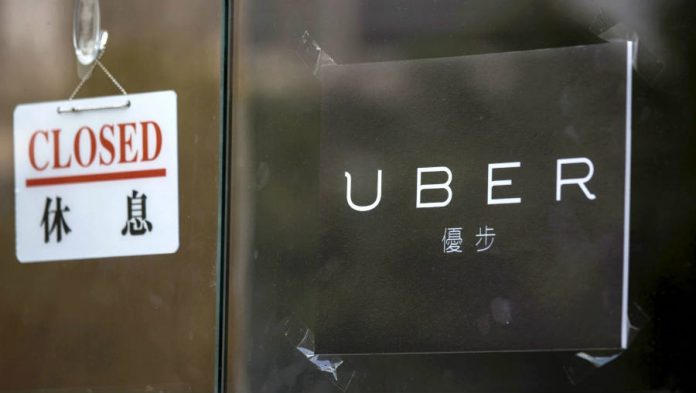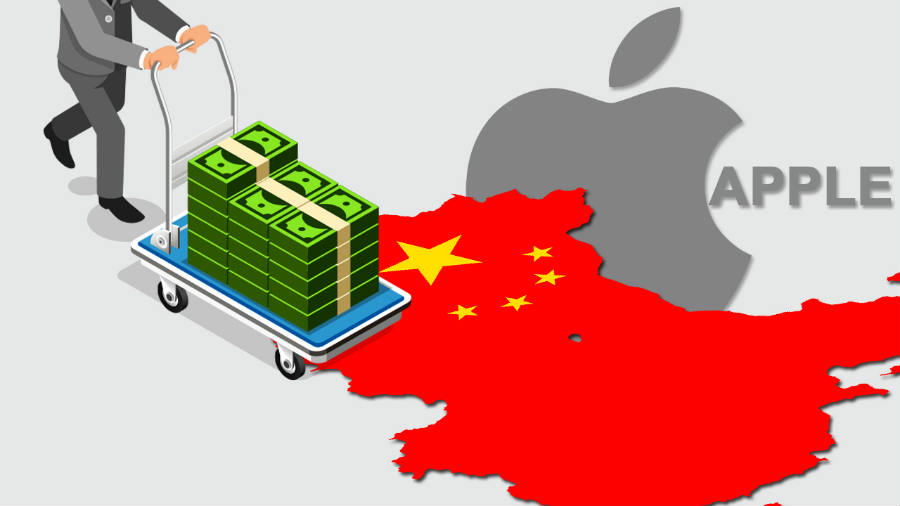
The Chinese online transportation company Didi Chixung has announced this Monday its merge with Uber China, its American counterparts and last-standing competitors in its homeland.
On August 1, the mobile-based service providers stated that the fierce competition in Chinese soil had ended, after Uber Technologies Inc. agreed to sell its brand and operations to Didi.
The deal leaves Uber with nearly 18% of financial stakes in Didi Chixung, while the Beijing-based company will reportedly make a $1 billion investment on its former rival. Moreover, the agreement contemplates the integration of Chei Weng, CEO of Didi, and Travis Kalanick, chief executive officer of Uber, to each other’s respective boards of directors.
Excited for Uber China and Didi to merge—huge congrats to our team. Take a look at some thoughts from @travisk: https://t.co/oOJ72TyhGD
— Uber (@Uber) August 1, 2016
Initial reports value the newly-merged company at an estimate of $35 billion, give or take. Uber CEO Travis Kalanick expressed his excitement for the joint venture in an official post at the company’s site.
Uber leaves the Chinese market after only two years
The American ridesharing app developers Uber entered the Chinese market back in 2014, but the landscape has changed quite quickly in the last couple of years.
Back then, the Chinese mogul Didi Chixung was still Didi Dache and Kuaidi Dache, two separate local taxi-providing services competing on a relatively small scale. With Uber’s entrance to the Chinese roads in Shanghai, Guangzhou and Shenzhen back in 2014, it managed to amass over 1% of the market by the end of the year.
Then in February 2015, the competition grew fiercer and both Didi and Kuaidi realized that they would be stronger together against the American startup. As a result, Didi-Kuaidi was born and remained so until September last year when it officially changed its name to Didi Chixung and retained over 80% of the market in China.
Now, a little over two years after Uber’s first ride in the Asian country, history repeats itself as a new ride-hailing powerhouse is born.
China remains a stronghold for local business ventures, as Uber joins the list of the leading tech giants who have walked away from the country after unsuccessfully trying to penetrate the market.
Apple could end up being an indirect Uber investor
The merger between the American and Chinese smartphone-based ridesharing platforms is nothing short of complicated for all the parties involved. First, to explain the apparent easiness of the deal, it may be worth noting who exactly are the parties participating in the agreement.
At the head of Didi Chixung stands Chei Weng as President and Jean Liu as CEO. Zhen Liu, her cousin, is a VP at Uber China, the local branch of the San Francisco-based company.
Moreover, Apple reportedly invested $1 billion back in May on their Chinese competitors, which sets the table for the iPhone developers to be indirect investors of Uber. The deal also represents a confusing conflict of interests for Didi, as it had allied itself with third-place competitors Lyft in China and several other similar service providers like Ola and Grap in Asia.

With Uber now developing its mapping system to set free from Google Maps, Apple in the mix and all three companies developing competing for autonomous car technology, the automotive industry faces a conflicted future.
Source: Uber newsroom










